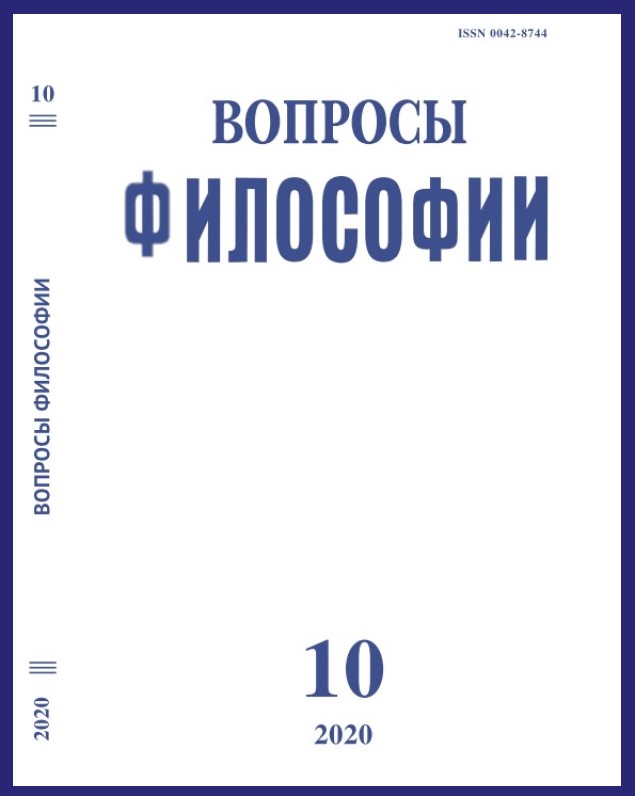To the Criticism of the Conservative Interpretation of History and Substantiation of the Importance of Fiction Writing in the Formation of National Historiosophy
DOI:
https://doi.org/10.21146/0042-8744-2020-10-110-121Keywords:
historiosophy, history, philosophy, fiction, man, society, politics, conservatism, liberalismAbstract
The way Russian historiosophy (philosophy of history) is understood today in the context of the conservative tradition requires a critical analysis. Making an excursion into the distant (XIXth century) and recent Soviet history of the country, working within the framework of conservatism, specialists in favor of their ideological attitudes distort history and turn a blind eye to the lessons taught by it. In the Russian past they try to elevate the “national-oriented” rulers (Nicholas I, Alexander III, Stalin) over others who are vulnerable to European influence or are oriented towards Europe. Philosophical and ideological position of the conservatives is a bizarre connection of the “dreams of the populists” about the special role of peasant communities and collectives of workers, ideas of “late Lenin” and achievements of “mature Stalin” in development of country. In creating their own concept of Russian historiosophy, conservatives also ignore the role of great Russian literature. This happens due to the fact that to recognize it means to admit a serious opponent into the research space, with whom they are unlikely to be able to successfully compete in understanding not only the past and present, but, more importantly, in producing meanings and values for the future.

